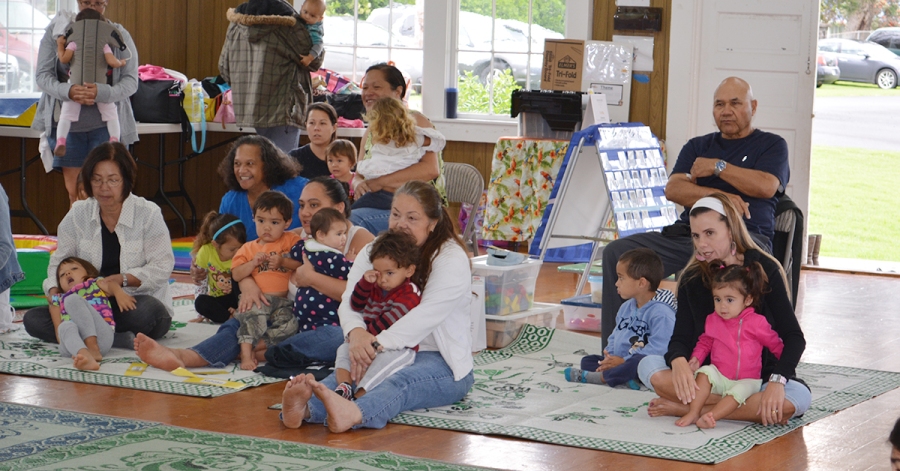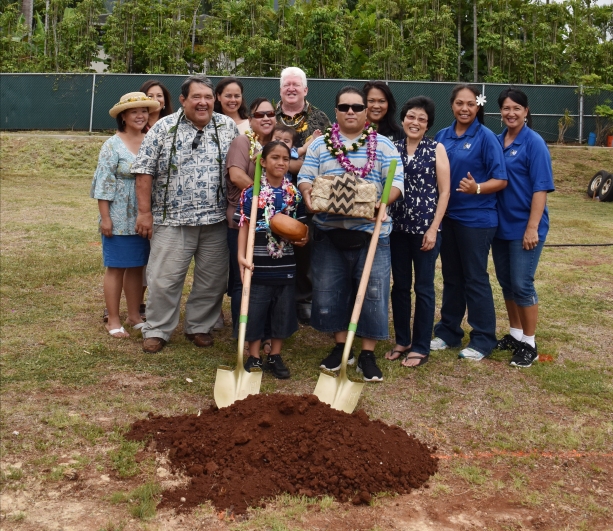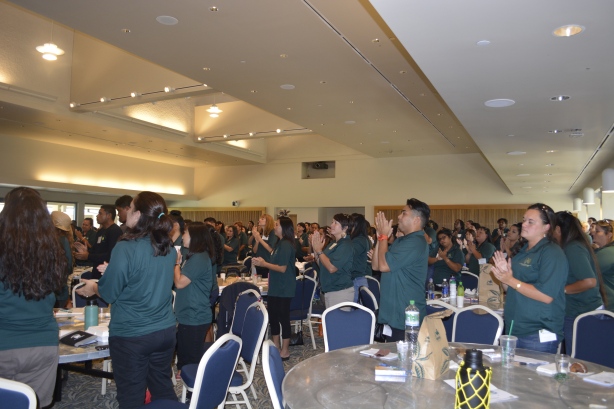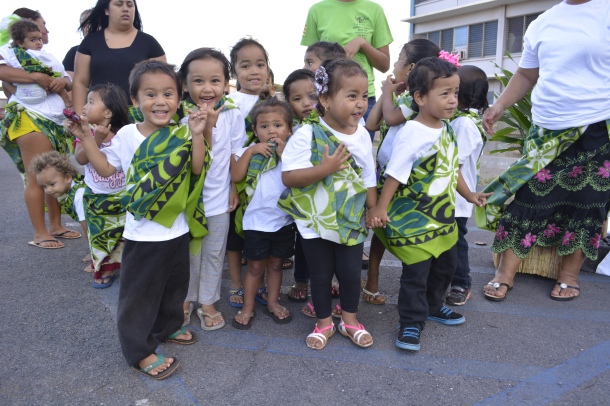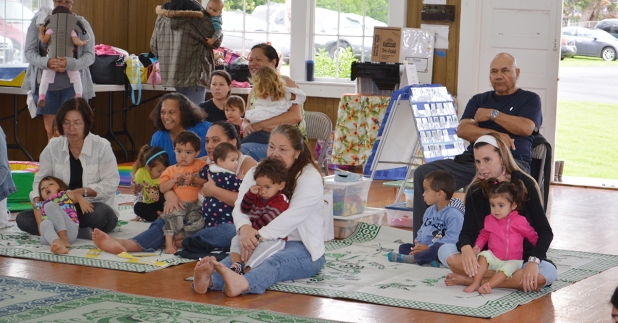
In today’s rich ethnic and cultural mix of families in Hawai`i, there are various cultural approaches used in caring for our children; however, one commonality among many struggling families is placing the care of their very young in the hands of the older generation. Fourteen thousand children in the state are in the care of their grandparents, which is higher than the national rate. Has our state done anything to lighten the load for our grandparents, aunts and uncles who open their arms and hearts for our children while we hustle to that second job to support the family? Or while the parents struggle with drug/alcohol dependency or are in prison? The answer is NO. As struggling families try to protect and nurture their young, our policy makers have refused to provide resources to train caregivers or give them and their children programs to prepare both demographics for success in caregiving and in school. We’ve left Grandma and Grandpa on their own with their moʻopuna (grandchildren), and have left them to fend for themselves.
We’ve left Grandma and Grandpa on their own with their mo`opuna (grandchildren), and have left them to fend for themselves.
It is interesting to watch “professionals” in early education turn away from Family Child Interactive Learning models (FCILs). Despite clear documented evidence of the power of these programs to bring transformational change in the lives of the caregivers and children involved, they are often branded with the pejorative title of “play groups” and dismissed from serious study or support. In extended families, trained elders can have a significant positive impact in the lives they directly oversee and also in the lives of the extended family as they give advice and counsel to the other adults. It is an opportunity to harness traditional structures to address contemporary challenges with our young children and their caregivers. Don’t leave Granny on her own. Get resources to help her be an amazing first teacher of the children she loves. Bring policy makers to the understanding of how efficient and successful the FCIL model is for early education outside of formal schooling!
I have recently been told that our Governor has decided to move early education into his office, and marginalize the external advisory body (Early Learning Advisory Board) that has been working for years to help formulate both public and private programs for early education in our state. Wrong move. Good political move, however, as the teachers’ union is insistent that early education must be a part of the public, unionized system. Unfortunately, now non-profit programs that empower and equip our older generation in their roles as the children’s first teachers are ignored and early education is swept into a public system that has yet to prove it is worth the tremendous amounts of money our community invests in it. Our Tūtū are again left on their own and politics again trumps the welfare of our children. Shame on us.

